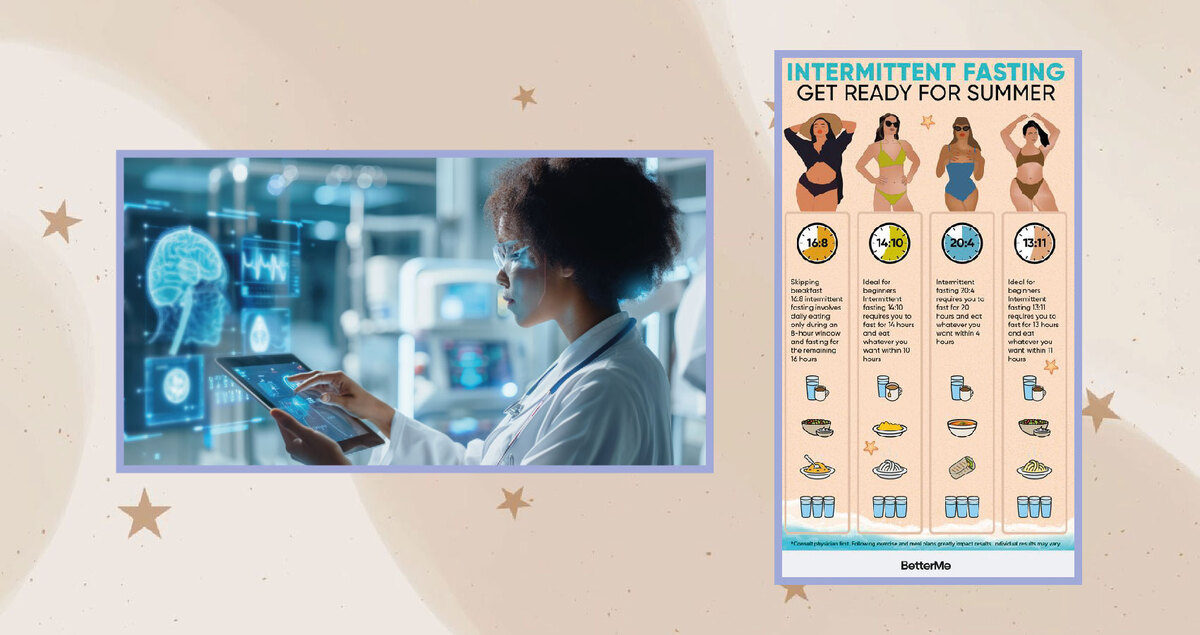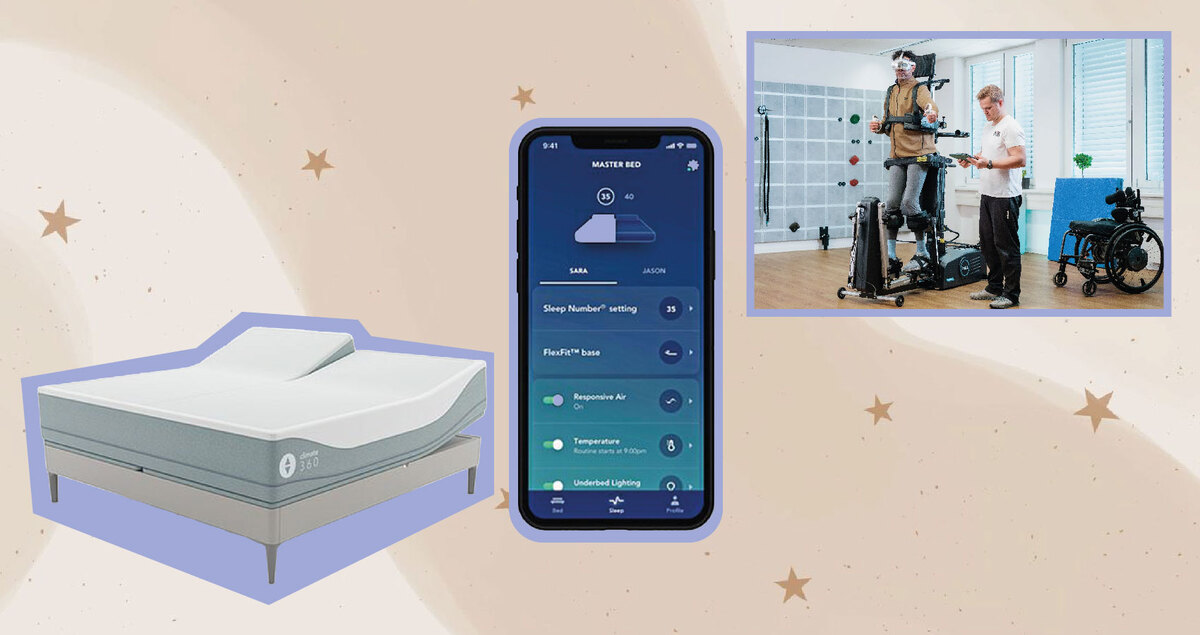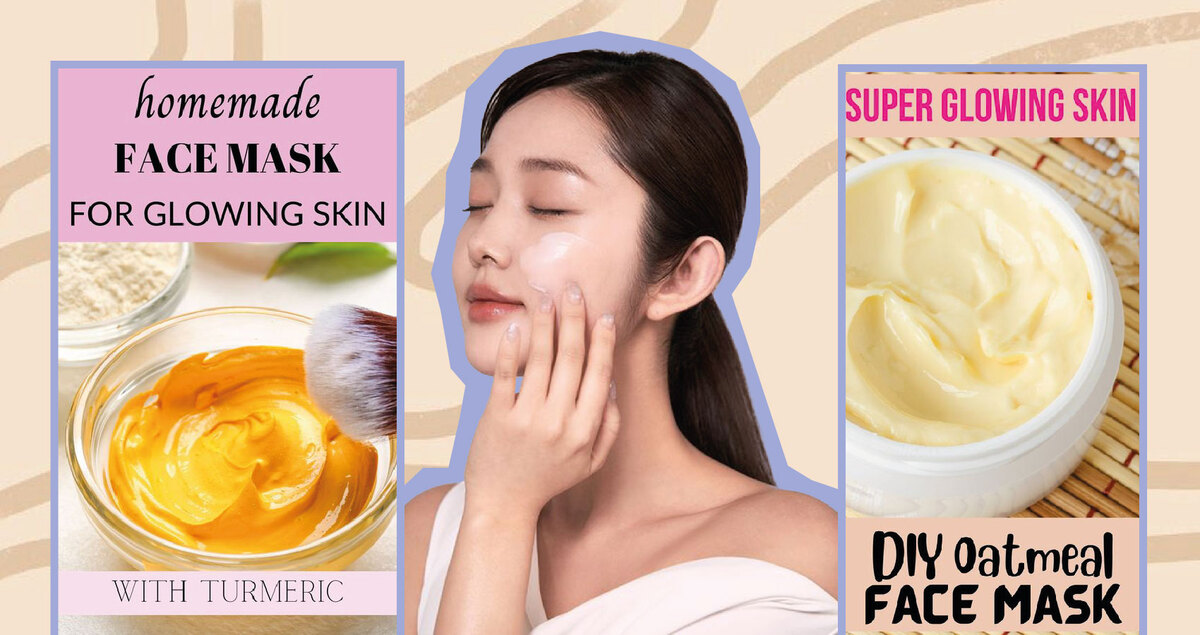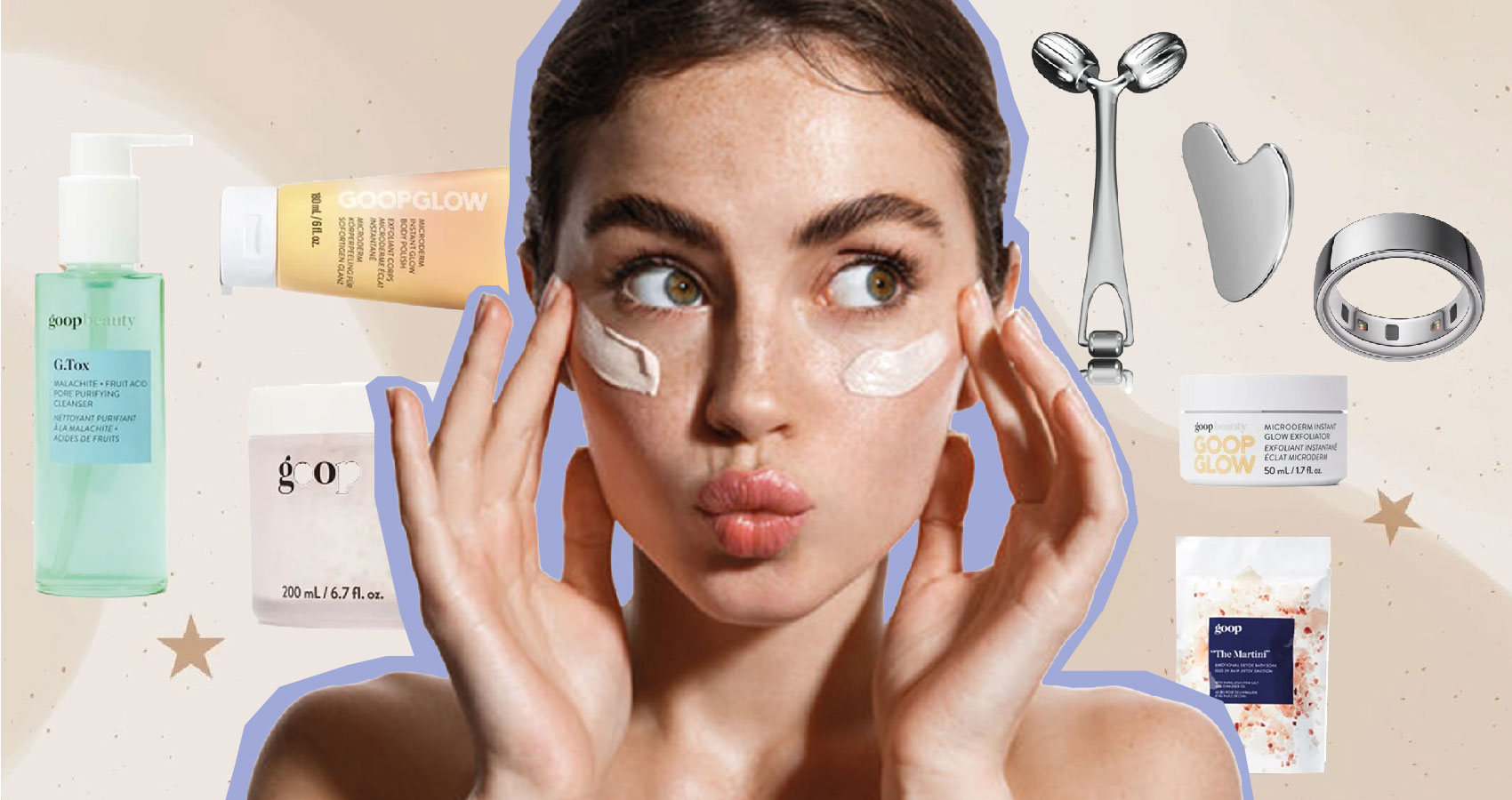
The Latest Trends in Self-Care: What's Hot and What's Not
The evolution of self-care.
Self-care is no longer just a buzzword. Rather, it has become an important and integral part of modern wellness routines. Through technology, mindfulness, and sustainability, daily habits are finding new meanings in redefining self-care. Fasting, AI-powered healthcare, and a lot more are crowning trends, so to speak, in the world of self-care for 2024, while some are simply losing momentum.
Self-care nowadays goes beyond what is seen by the skin; it also manifests in lifestyle decisions. Brands, such as VapeExperts, are providing healthier alternatives for switching from traditional cigarette smoking, catering to the trends of the era that focus more on harm reduction and personal wellbeing. Vaping is still on the debate but innovations in that industry are currently driving the thought process on safer alternatives and sustainable consumption.
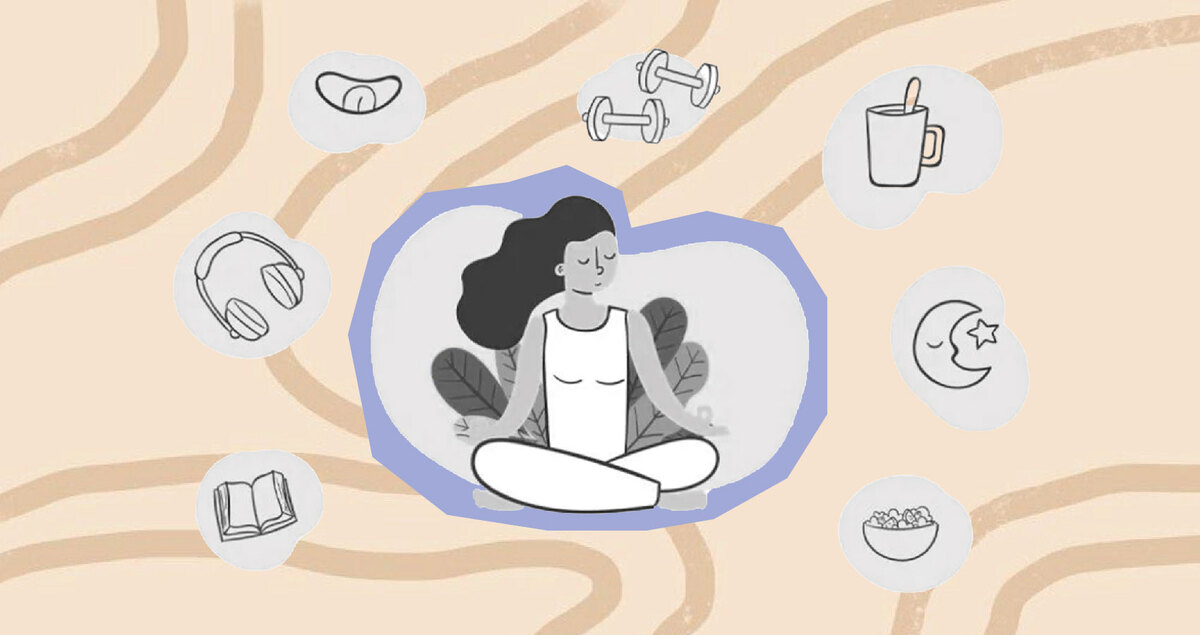
In this article, we explore the latest self-care trends, what’s gaining traction and what’s fading into the background. Whether you’re looking for cutting-edge innovations or timeless wellness techniques, here’s everything you need to know about self-care in 2024.
What's Hot in Self-Care
1. AI in Healthcare and Wellness
Artificial Intelligence (AI) is revolutionizing self-care by providing personalized healthcare recommendations, assisting in early disease detection, and enhancing treatment plans. AI-powered health assistants, such as chatbots and diagnostic tools, are helping individuals make informed decisions about their well-being. From AI-driven meditation apps to predictive health analytics, technology is making self-care more accessible and effective.
Example: Northwell Health in New York has implemented AI in its care management programs, reducing patient readmissions by over 23%.
2. Intermittent Fasting Goes Mainstream
Fasting has emerged as one of the most popular self-care trends, surpassing traditional diet fads like keto and low-carb. Intermittent fasting (IF) offers benefits like fat loss, improved metabolic health, and even enhanced cognitive function.
Apps like Zero and LIFE have gained widespread adoption, helping users track fasting windows, integrate social features, and maintain motivation. Searches for “Zero app” have increased by 85% over the past five years, signaling the growing interest in this wellness trend.
3. Gen Z's Focus on Mental Health and Skincare
Gen Z is redefining self-care, investing more in mental health and skincare than previous generations. With a surge in meditation apps like Calm and Headspace, as well as the rise of skin-care brands emphasizing clean ingredients, wellness is becoming more holistic. In addition to skincare, body care products are also gaining popularity, with many Gen Z consumers seeking clean, effective solutions for overall skin health.
- Mindfulness & Mental Health: Meditation app Calm reached a $1 billion valuation, highlighting its widespread appeal.
- Skincare & Beauty: Brands like Goop and DRMTLGY have seen significant growth, with DRMTLGY searches rising by 4,450% in five years.
- CBD Boom: A third of Americans now use CBD products, with the market expected to reach $20 billion in sales by 2024.
4. Sleep Optimization and Tech-Driven Sleep Solutions
An astonishing 35.3% of adults don't sleep enough, resulting in a new surge of self-care strategies toward sleep hygiene. People are opting for sleep tracking through Oura Ring and other apps that promise data-driven improvement in the quality of rest through applications like SleepTown.
Emerging Products:
- AI-powered sleep assistants
- Smart mattresses with temperature regulation
- Digital detox apps that reduce the exposure to screens before bed.
5. The Rise of Medical Robots in Self-Care
Medical robotics is an emerging trend that is enhancing rehabilitation and recovery. Exoskeletons, robotic-assisted physical therapy, and AI-powered diagnostics are making self-care more advanced than ever. From the EksoNR exoskeleton for injury recovery to robotic prosthetics that restore mobility, medical robots are setting the future of personalized healthcare.
What's Not: Self-Care Trends Losing Momentum
1. Over-Exfoliation in Skincare
The rise of skincare awareness has also led to over-exfoliation, causing barrier damage, sensitivity, and premature aging. While exfoliation is crucial for skin renewal, excessive use of acids and scrubs has been linked to irritation and breakouts. Dermatologists now emphasize skin minimalism, urging consumers to scale back their routines and opt for gentler formulations.
2. DIY and Homemade Skincare
The once-attractive aspect of doing your own skincare due to its natural approach is being abandoned nowadays due to worries about preservation, contamination, and a lack of efficacy. According to experts, there is need for caution since homemade products do not possess stability or proper ingredient formulation. Rather, spending on professionally formulated science-backed skincare would be the way to go.
3. Extreme Detoxing and “Skintoxing”
Detoxing diets and “skintoxing” routines claim to purify the body and skin, but many of these practices lack scientific support. The human body already has built-in detoxification mechanisms, making these extreme regimens unnecessary. Overdoing detoxes can disrupt gut health, cause dehydration, and strip the skin of essential moisture.
4. Celebrity-Endorsed Beauty Lines
Although the celebrity beauty brand market is swamping the world, consumers have become skeptical of their effectiveness and authenticity. These products are usually produced in the same labs where the same versions are sold as drugstore items, raising a question about the uniqueness of such products. Skincare is slowly shifting towards evidence-backed and dermatologist-approved options.
5. The Decline of Elaborate Self-Care Routines
Consumers are inclined toward simplicity in self-care, as they move away from over-the-top beauty and wellness practices. What was once common practice with 10-step skincare regimes has now been replaced by skinimalism: consumers want fewer but effective products that are sustainable, efficient, and backed by science.
Conclusion
As self-care is constantly evolving, knowing what does and doesn't work is paramount to making better choices. It is the way forward for integrating AI, fasting, mental health awareness, and sleep optimization in wellness, and the old and outdated ways such as over-exfoliation, extreme detoxing, and too elaborate routines will be left in the past.
Science-backed solutions along with a minimalist approach do not in any way make self-care ineffective, unsustainable, or specific to a particular person. Whether the well-being tools are AI-driven or mindfulness-focused, the point is the same: It's about improvement of both physical and mental states in a way that is practical, effective, and rewarding.



